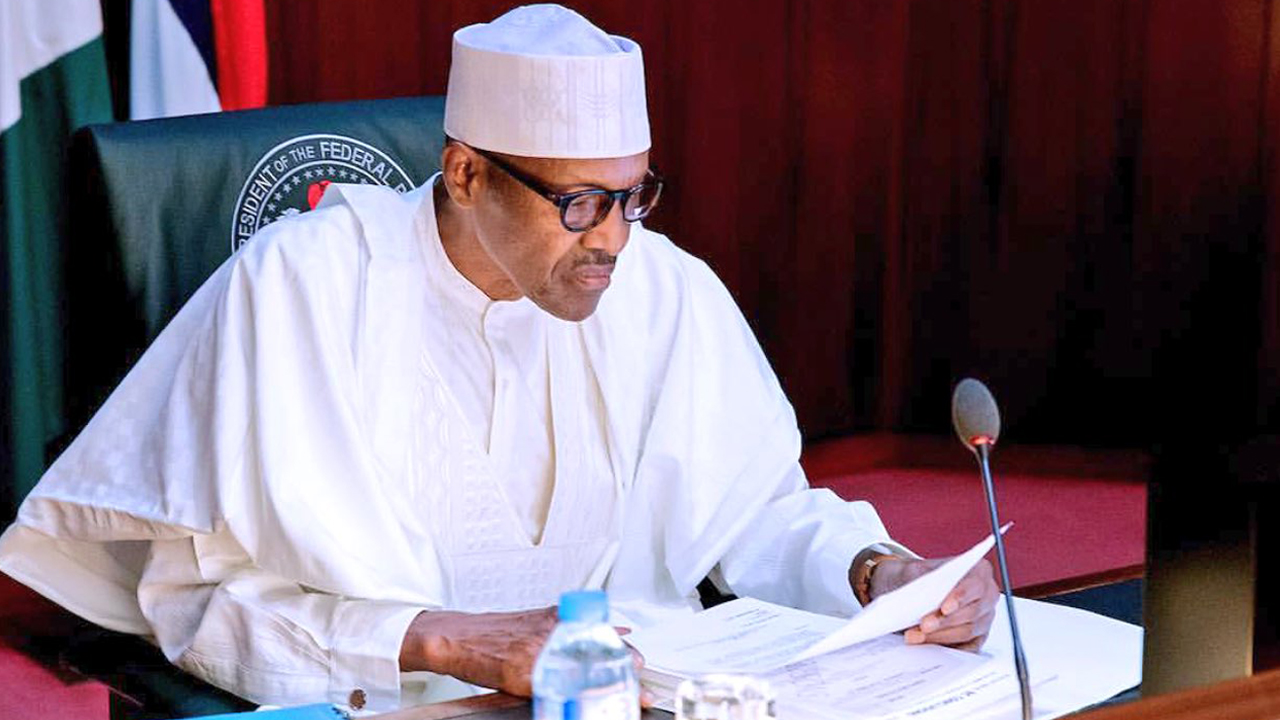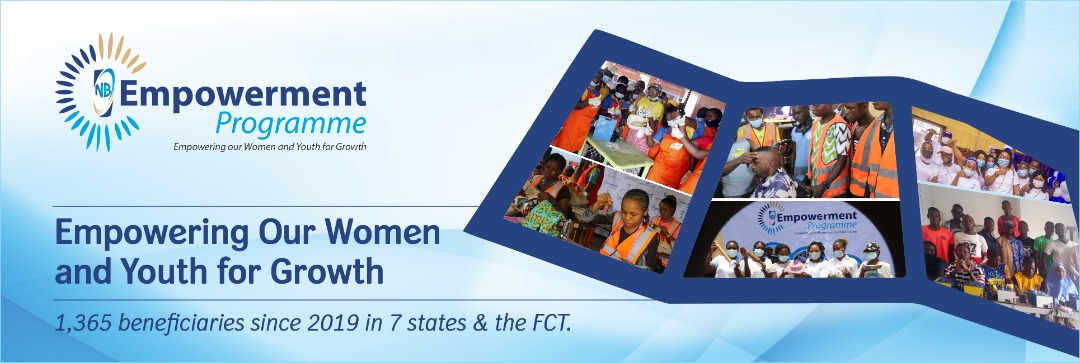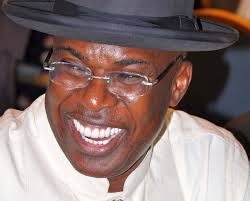By Williams Anuku, Abuja
More facts into why the Federal Government approved the removal of subsidy for premium motor spirit (fuel) has emerged.
In the latest revelations, President Muhammadu Buhari said the revenue that acrues to the country has dropped by 60 per cent , and in the revised 2020 Budget no provision for fuel subsidy.
The President also warned that it would be economically dangerous for Nigeria to go back to the era of fuel subsidy, citing grave financial cost and a return to the era of long fuel queues as certain results.
Buhari spoke on Monday while declaring open the First Year Ministerial Performance Review Retreat for Ministers, Permanent Secretaries and Top Government Functionaries, at the State House Conference Centre.
The President, who was represented by the Vice President, Professor Yemi Osinbajo (SAN), also spoke about the recent electricity tariff adjustment, which he regretted had to be allowed in order to be able to address the inconveniences that Nigerians have over the years had to experience in power supply.
Speaking on the fuel price hike, he noted that it was as a result of the decision to deregulate the price of the premium motor spirit (PMS), popularly called petrol and the eventual removal of the subsidy previously provided for the importation of the product, explaining that the recent hike was as a direct result of the activities in the global petroleum market.
He, however, assured Nigerians that government would play its role in the new regime by ensuring that marketers do not take advantage of the populace through arbitrary price fixing.
“The COVID-19 pandemic, which has affected economies globally, has compelled us to make some far-reaching adjustments that may cause some initial pain, but which is necessary for long-term gains. As you all know, when oil prices collapsed at the height of the global lockdown, we deregulated the price of premium motor spirit (PMS) such that the benefit of lower prices was passed to consumers.
“This was welcomed by all and sundry. The effect of regulation though is that PMS prices will change with changes in global oil prices. This means, quite regrettably, that as oil prices recover, we would see some increases in PMS prices.
“There are several negative consequences, if Government should resume the business of fixing or subsidizing PMS prices. First of all, it would mean a return to the costly subsidy regime. Today we have 60% less revenues, we just cannot afford the cost. The second danger is the potential return of fuel queues – which has, thankfully, become a thing of the past under this administration. Nigerians no longer have to endure long queues just to buy petrol, often at highly inflated prices.
“Also, as I hinted earlier, there is no provision for fuel subsidy in the revised 2020 budget, simply because we are not able to afford it, if reasonable provisions must be made for health, education and other social services. We now have no choice.
“Nevertheless, I want to assure our compatriots that Government will remain alert to its responsibilities. The role of government now is to prevent marketers from raising prices arbitrarily or exploiting citizens. This was why the PPRA made the announcement a few days ago setting the range of price that must not be exceeded by marketers. The advantage we now have is that anyone can bring in petroleum products and compete with marketers, that way the price of petrol will be keep coming down”, the President said.
Speaking on the recent electricity tariff hike, President Buhari said he had been unhappy over the poor state of electricity service supply to Nigerians for many years, acknowledging also that the hike would be coming with discomfort, he said the administration had directed that consumers who fall within poor and vulnerable category be protected as the tariff adjustment would only affect those with higher consumption.
He said further that government had taken due notice of the prevalent complaints of arbitrary estimated billings by electricity distribution companies (DISCOs) and has directed that a mass metering programme be initiated to correct the menace of estimated billing.
“The other painful adjustment that we have had to make in recent days is a review of the electricity tariff regime. If there is one thing that we have heard over and over again, it is that Nigerians want consistent and reliable power supply. So the power sector remains a critical priority for the administration.
“Protecting the poor and vulnerable, while ensuring improved service in the power sector, is also a major priority for Government. And our policies, like the social investment programmes and other socio-economic schemes to benefit Nigerians, show that we remain focused on improving the welfare of the common man”.

















